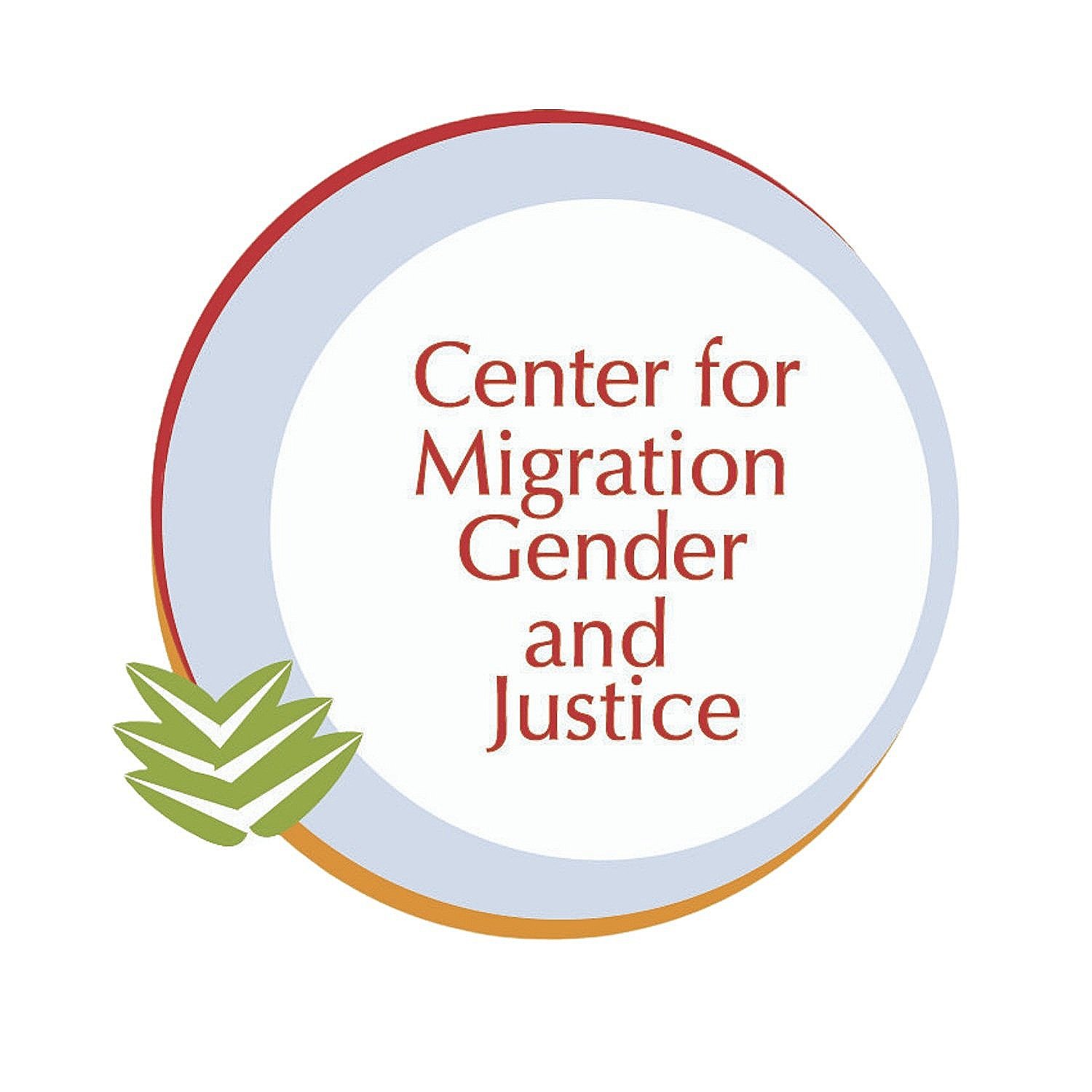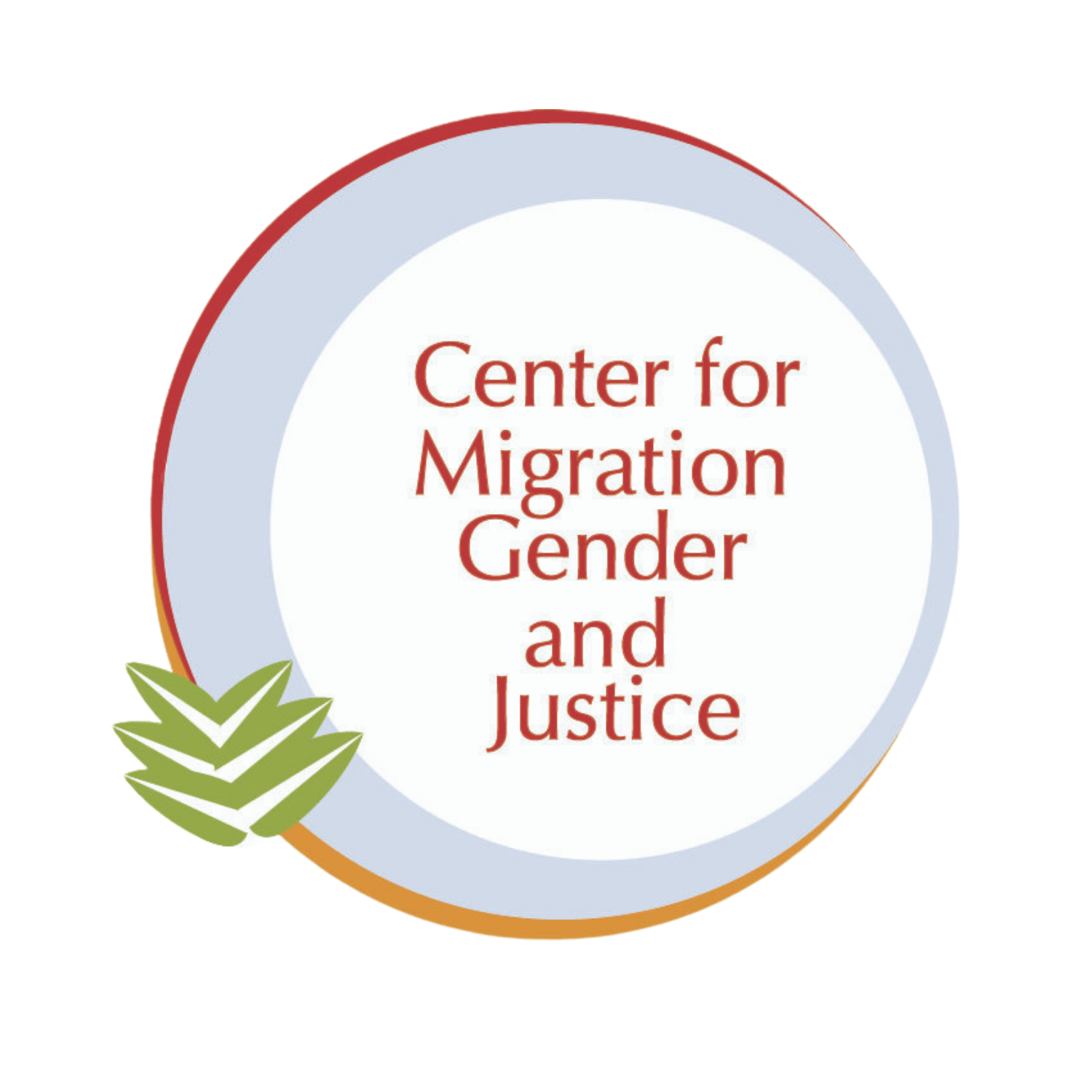Reflections from our first Spotlight Project “Migration, Gender, and COVID-19”: a conversation between Kate Harder and Miriam Aber
by Kate Harder
Researcher at CMGJ’s Spotlight Project
In May 2020, we launched our first CMGJ Spotlight Project. The topic: “Migration, Gender, and COVID-19.” As part of the project, we conducted interviews with refugee women and representatives of organizations working with refugees, as well as observations of community efforts to support refugee livelihoods in Portland, Oregon (USA).
In the following, CMGJ’s Director of Research, Miriam Aber asks Kate Harder, Researcher in the CMGJ Spotlight Project, about main takeaways, preliminary findings, as well as the research process.
Miriam Aber: As CMGJ’s first ever Spotlight Project concludes, what are your main take-aways?
Kate Harder: We found that community organizations in Portland and surrounding areas have been addressing many of the unmet needs of refugee women during the COVID-19 pandemic. This includes providing resources and support as it pertains to healthcare, information, personal protective equipment, as well as food and financial assistance. My main take-away is thus two-fold: while the specific needs of refugee women remain largely unmet, community efforts have been critical in sustaining refugee women’s livelihoods during this pandemic.
Miriam Aber: Speaking of unmet needs, in what ways has COVID-19 impacted refugee women’s livelihoods? Please elaborate on this.
Kate Harder: Sure. One of the main impacts of COVID-19 on refugee women’s livelihoods has been heightened fear with regards to accessing resources and services. Changes to the public charge rule have expanded criteria that applicants for permanent residency must meet and directly pertain to seeking public benefits. These changes have caused refugee women to avoid receiving public benefits like non-emergency Medicaid and Supplemental Nutrition Assistance Program (SNAP).
Miriam Aber: In situating COVID-19 specific impacts in broader dynamics of needs and challenges of refugee women, what kind of patterns do you see?
Kate Harder: COVID-19 specific impacts on refugee women’s livelihoods show that the needs and challenges of refugee women have been heightened by the pandemic. Existing structural and institutional challenges pertaining to labor market participation and healthcare access, for example, have been exacerbated during this time. Our research revealed and again emphasized the urgency for gender-responsiveness in migration discourse and politics.
Miriam Aber: You mentioned the urgency of gender-responsiveness in migration discourse and politics which requires gender-focused research. Did you face any limitations to your research because of this pandemic?
Kate Harder: Well, it was definitely unexpected to do “field research” remotely, but we are grateful that we were able to proceed while adapting to new ways of conducting interviews and observations online. This said, one main limitation was not being able to conduct interviews and observations in person. The benefits of in-person communication, such as building rapport prior to the interviews in a non-research related setting were not an option at this time. Nevertheless, we were able to build rapport by setting up “meet and greet” calls with potential participants prior to the actual interview.
Besides this, general feelings of uncertainty added to the new environment of conducting field research. Balancing our “research agenda”, recruitment of participants, and conducting interviews, while at the same time honoring and respecting everyone’s time and state of being was a challenge that we maneuvered with integrity and responsibility. This became evident in the way that participants responded to our invitations to the project and the topic of our research. Refugee women - especially - saw participation in this project as a means of sharing experiences that generally have been overlooked in COVID-19 responses.
Miriam Aber: Thank you for sharing this. To round up our conversation, how do you see this project contributing to CMGJ’s efforts to ensure gender justice beyond borders?
Kate Harder: Throughout the project, we found common themes in how refugee women’s livelihoods have been affected by the COVID-19 pandemic. Yet, each experience that we learned about was unique, which reaffirms the importance of CMGJ’s vision of gender justice beyond borders being intersectional in content, scope, and trajectory. While it is useful to find commonalities between experiences, it is also important to be mindful of the fact that each lived experience is one-of-a-kind. At CMGJ, we believe that gender justice beyond borders includes understanding gender beyond the binary, using intersectionality as an analytical and policy tool, and being inclusive of all migrant experiences. The Spotlight Project “Migration, Gender, and COVID-19” pointedly showcased this.

